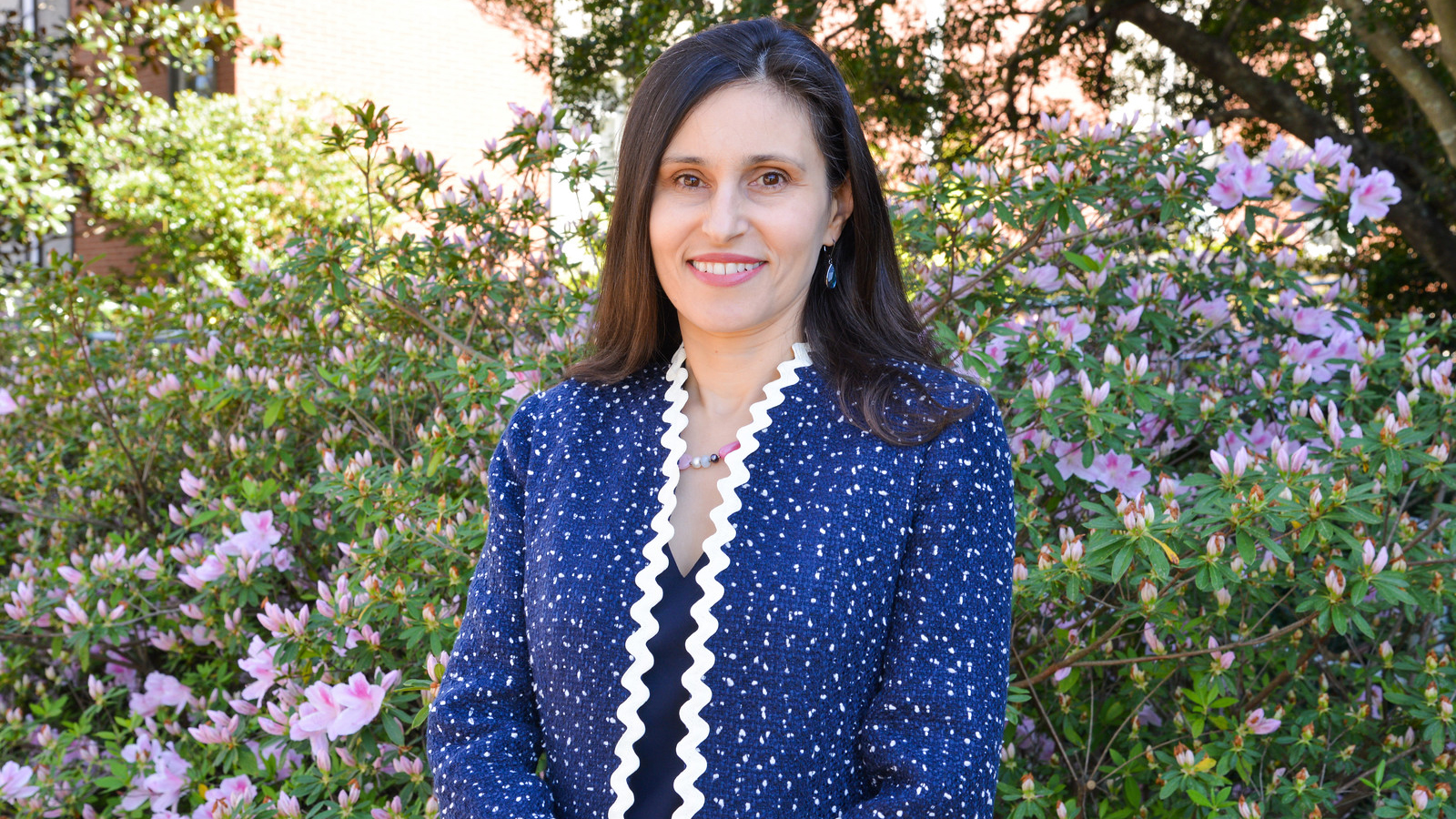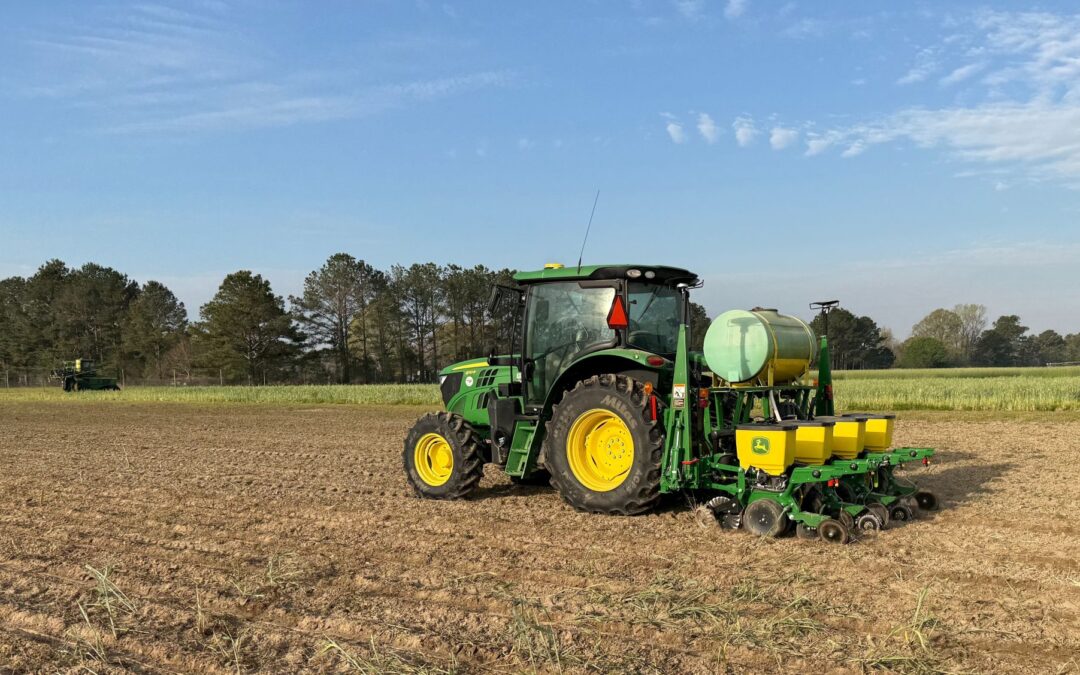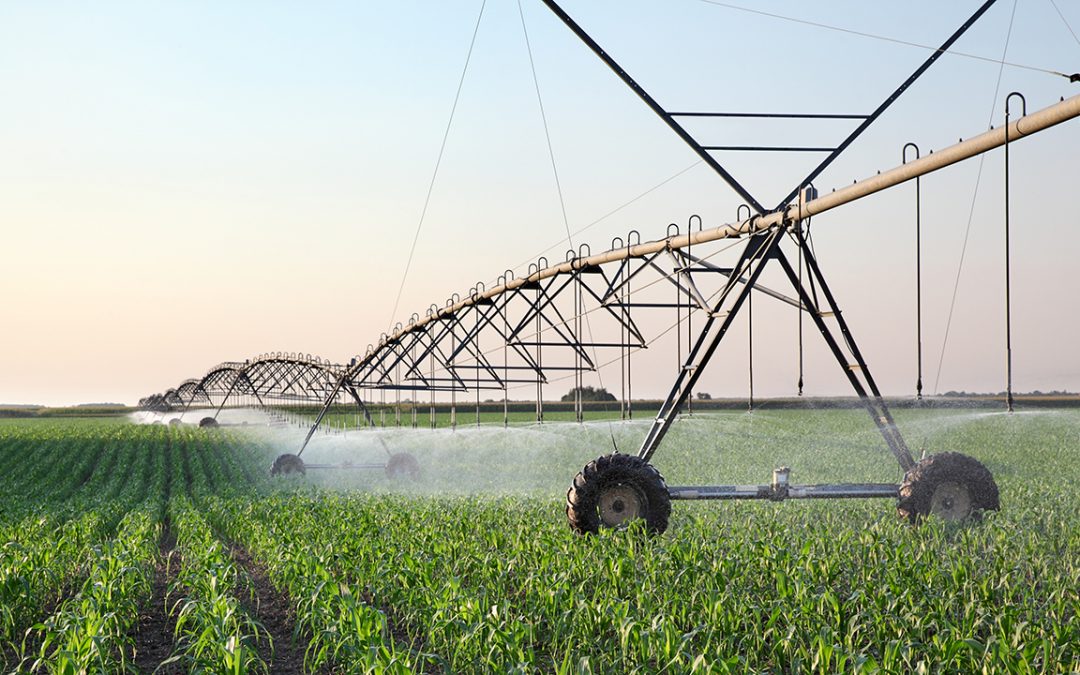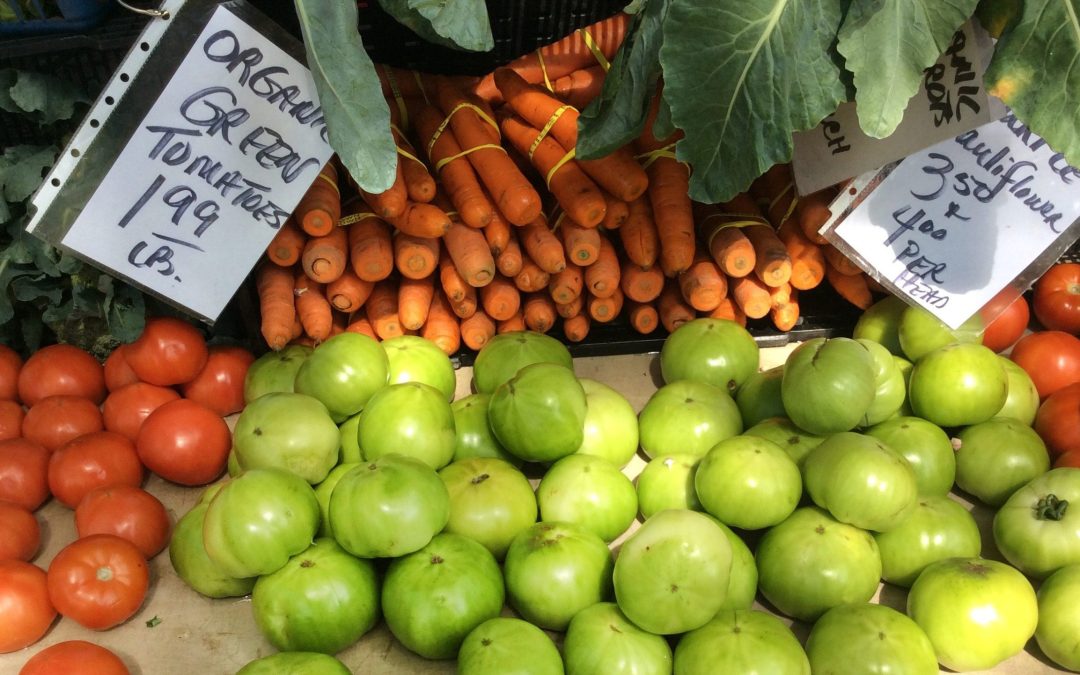Research made possible by $650,000 USDA-NIFA grant
The number of farms in the U.S. operated by women has grown 27% in recent years. Yet, despite their growing number and influence, little is known about the needs of women in farming, the challenges they face and their economic impact on agriculture.
A team of agricultural economists from the Alabama Agricultural Experiment Station was awarded $650,000 by the National Institute of Food and Agriculture to study women farmers in the Southeast.
“Part of it is that we didn’t have good data,” said Valentina Hartarska, a professor of agricultural economics at Auburn University and the director of the grant project.
In many ways, scholars know more about women farmers in developing countries than in the U.S., Hartarska said.
“There is substantial research on women farmers’ access to resources and productivity in the developing world,” said Hartarska. “But there is very little economic research on women farmers in developed countries.”
Thanks to gaining access to a trove of new economic data collected by the United States Department of Agriculture, Hartarska and her colleagues will be able to explore the challenges women in the industry face and the impact they have on the economy in the Southeast.
The results of the research are expected to help improve educational programs, government services and policies aimed at women in farming, said Hartarska.
Addressing the needs of women farmers could have positive effects on rural communities across the Southeast that struggle with economic viability and depopulation.
The challenges women farmers face often depend on how they become farmers. Some women come to farming later in life after selling assets and investing in farmland. Others inherit the family farm — in Alabama, a large part of registered new farmers are widows, according to Hartarska and her colleagues’ own research.
Sociological research highlights a number of issues that women farmers face. What is less understood, and what Hartarska and her colleagues expect to uncover, is the economic aspects of those issues.
For example, attaining lines of credit to purchase more land, equipment or even fertilizer is more difficult for women than men. This constrains the scale and scope of their farms and limits their economic impact.
“I’ve had women farmers who have come to me and told me they were treated harshly by lenders,” Hartarska said.
Many women who come to farming also need help with risk management skills. In addition, they lack the social support network that is more extensive among men in farming.
There are also many women who become involved in farming by marrying a farmer and carving out a role for themselves in supporting the family farm. The impact of this role on farming is even less well understood.
“Farming is not only a production unit that is independent from the rest of the functioning of the family,” Dr. Hartarska said. “Farming has been studied without distinguishing who’s doing what activity.”
One surprisingly common way women support the family farm is by seeking employment elsewhere to attain health insurance for the rest of the family. Hartarska hopes to better understand how limited access to affordable healthcare affects farming and how to better support women in these supporting roles.
“You have the more supportive role, which is different skills, different networks, different needs — we don’t know what can be done to help them,” said Hartarska.
Regional differences likely play an important role in how women support the family farm. Farms in the Southeast differ from Midwestern and Western farms in scale and scope. The role women play in supporting these farms likely differs accordingly. Identifying those roles and women’s needs is an important part of the study.
“Women are very effective at organizing and promoting, but in the Southeast, we don’t fully understand what is needed or what changes would make the biggest difference for farmers. Our research will discover those needs and provide evidence to help women farmers make meaningful change at the policy level,” Hartarska said.
The grant team is comprised of Valentina Hartarska and Denis Nadolnyak of the Department of Agricultural Economics and Rural Sociology at Auburn University, along with Ivan Kandilov and Kathryn Boys at North Carolina State University.
The grant team will begin their research in spring 2024 and conclude in 2027.





